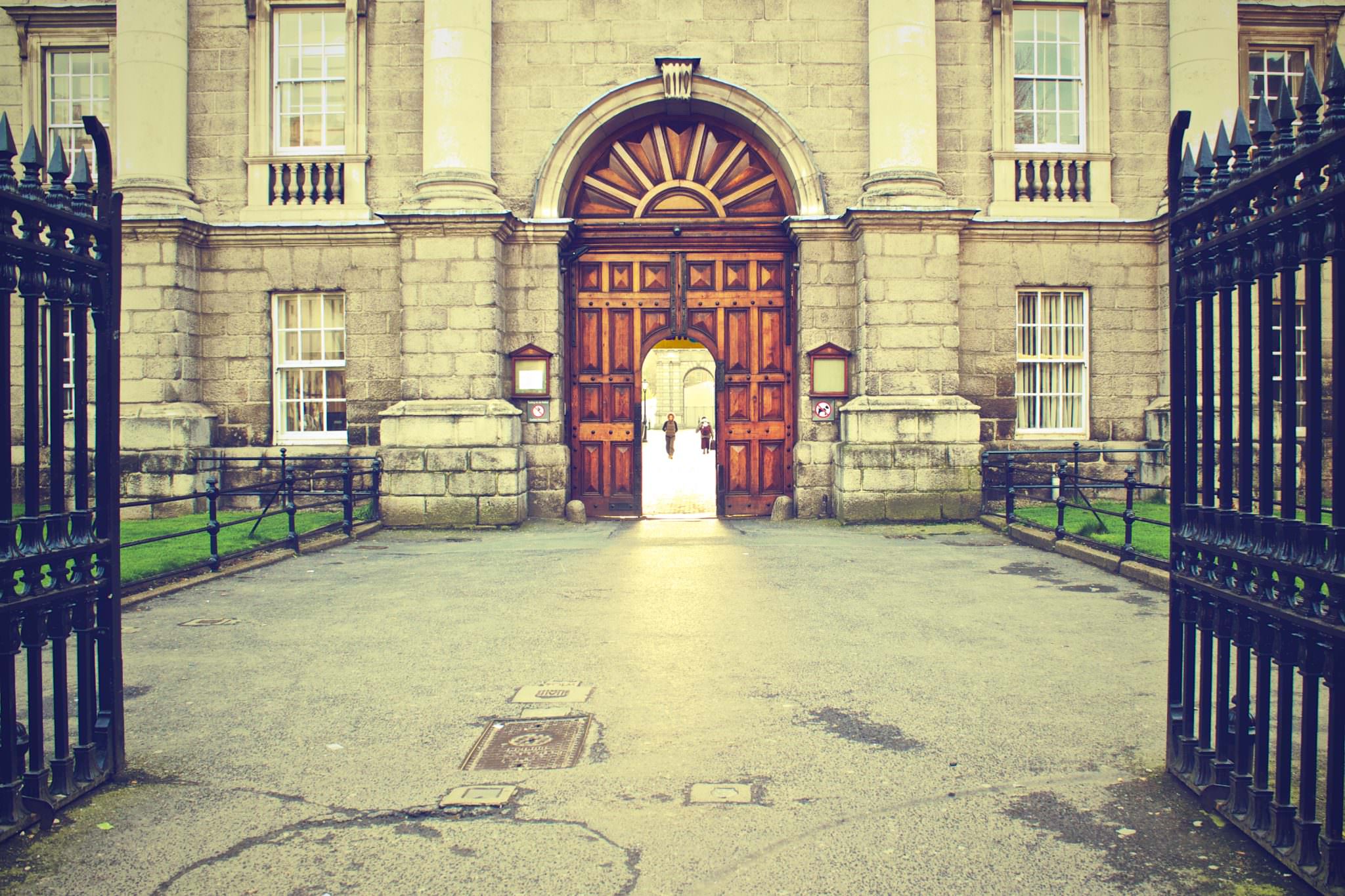Free Speech
The Thought Police Aren’t Administrators—They’re Us College Kids
Students at residential colleges live in an oppressively tight bubble of conformity.

With all of the discourse regarding the encroachment of administrative oversight onto free speech, one would think that college administrators are unyielding censorship tyrants run amok. Administrators are often depicted as autocratic bullies, seizing every opportunity to steer a student into the disciplinary conduct process.
Indeed, as administrators are beholden to the overarching goal of the institution—to perpetuate itself—sometimes it can seem like that. Anything from saying a microaggression, to criticising your college in the school newspaper can cause you to find yourself being called into the Dean’s Office. But in the face of mushrooming concern over speech censorship, one must stop to consider: the Thought Police aren’t our administrators—they’re us.
Students at residential colleges live in an oppressively tight bubble of conformity. Flanked by a herd of people we agree with, other 18-23 years olds, our comfort zones usually stay intact. Our peers satisfy our need for social connection, while our professors spoon feed us external validation. Our basic needs are met, either through money from our family or financial aid.
Here, on the typical bucolic college campus, most of us are supremely coddled. We usually live easy, comfortable lives. Free from pervasive elaborations of depravity we see in more marginalized existences. Free from impending war, torrential drone strikes, violent and systematic sexual abuse, torture. Free from hunger, homelessness. (Usually, of course. I’ve been around the activist block enough to know that exceptions do exist)
And yet, fear abounds.
And in this climate where fear abounds, any speech that could be considered “unsafe”—threatening to the status quo, or threatening to a student’s sense of vulnerability—is stomped out. Usually not by the administrators, though, but by us.
Administrators usually only need to step in if someone has tattled on you, if the shaming capabilities of your herd aren’t strong enough to have forced you to self-censor. If you’re on a liberal arts college campus, dissent from the status quo is highly regulated by our social networks, our peers.
In this culture of fear—of racism, sexism, classism, and anything else that exists in the ever expanding panoply of oppression markers—college students police each other’s speech with abandon.
Lacking more formal and bureaucratic methods to squash dissent, students resort to what they know how to do best: name calling, threatening, and tattling.
Four years ago, when I began college, I did this too. I was once a petulant righteous college student, kowtowing to the politically correct party line, so infatuated with my learned sense of vulnerability that not only was I the tyrant, but I was rewarded for it. Thank God, I didn’t get sucked into the rabbit hole of thinking that it was morally acceptable to report people for exercising their freedom of speech, or attempting to shut down events to protest a lack of speech from administrators. (Okay, except once. But when I was initially invited, I was utterly misinformed about the purpose of the protest).

Even still, in other instances, invited speakers to colleges are forced to cancel their appearances because their very presence on campus may be traumatizing. Indeed, at my own school for example, one student condemned the invitation of Cecile Richards, president of Planned Parenthood, to be a speaker at a university event, because of the “emotional collateral” her speech would cause. Still, others who do something as small as share an article on social media that calls the concept of rape culture into question may be excommunicated from their dorms.
But it’s okay—those racist, sexist, misogynist, cissexist, classist, ableist miscreants should keep their lips sealed, right?
I wasn’t alive 50 years ago, but my hunch is that people were a lot less indignant. Perhaps that’s because more minorities are on campuses right now. Or perhaps it’s because in the absence of real threats to our personhood, we have to manufacture a few to keep our adrenaline flowing. But I worry.
With the decreasing opportunity to constantly face contradictory opinions and information, how will we students refine our own views? Students that are too incapacitated with fear to negotiate the landscape of interpersonal politics without either cowering into submission or exploding in a paroxysm of rage at the sound of anyone expressing their opinion isn’t a healthy campus dynamic. Indeed, while this is a hyperbolic and slightly reductionist depiction of the binaries that students find themselves in, I wouldn’t use it if I didn’t think there was truth to the description.
The ability to speak freely is crucial to unfettered and productive debate, no matter how controversial, or god forbid—offensive—it may be. But while students are eager to harp on the ever encroaching fear of administrative tyrants seeking to put a notch or two in our disciplinary record, we should look at ourselves in the mirror and ask: are our motives any different from theirs? The protection of their vaunted institutions is just as critical to our administrations’ pocketbooks as our sense of safety is to our fragile egos.






